Normal Alphabet Worksheets for Ages 3-7 - Page 3
235 filtered results
-
From - To
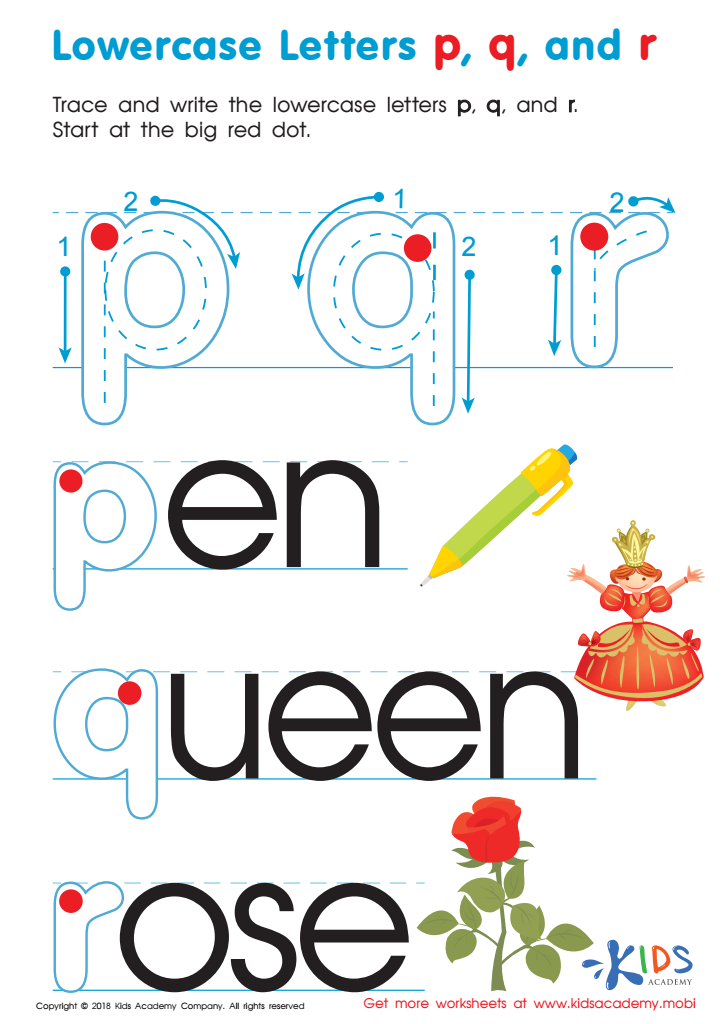

Lowercase Letters p q r Worksheet
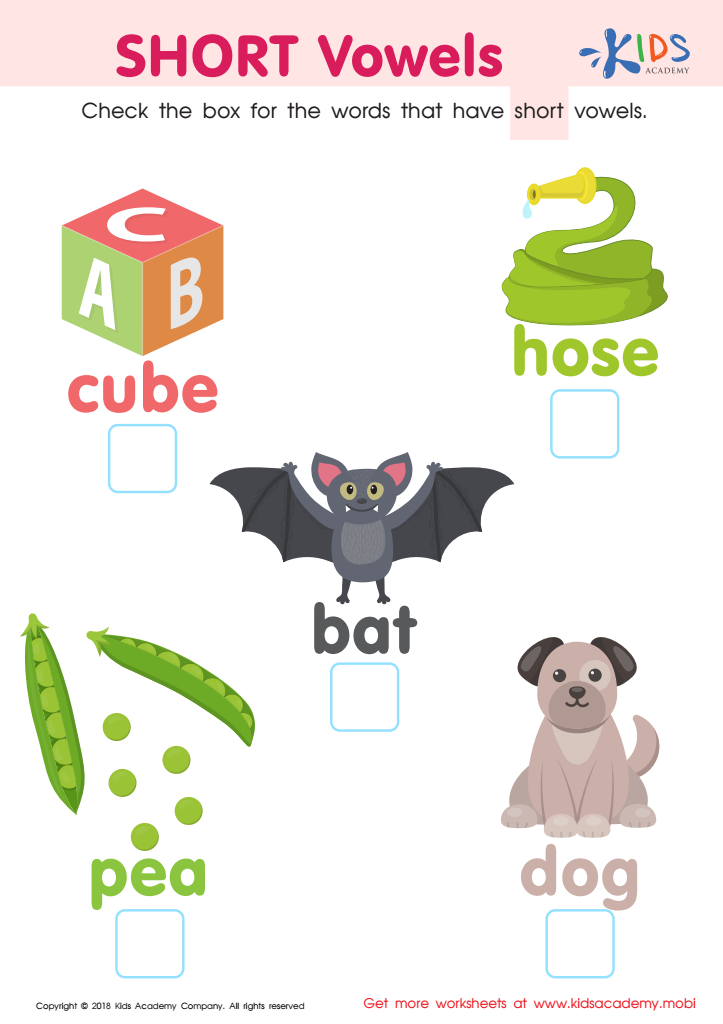

short vowels Worksheet
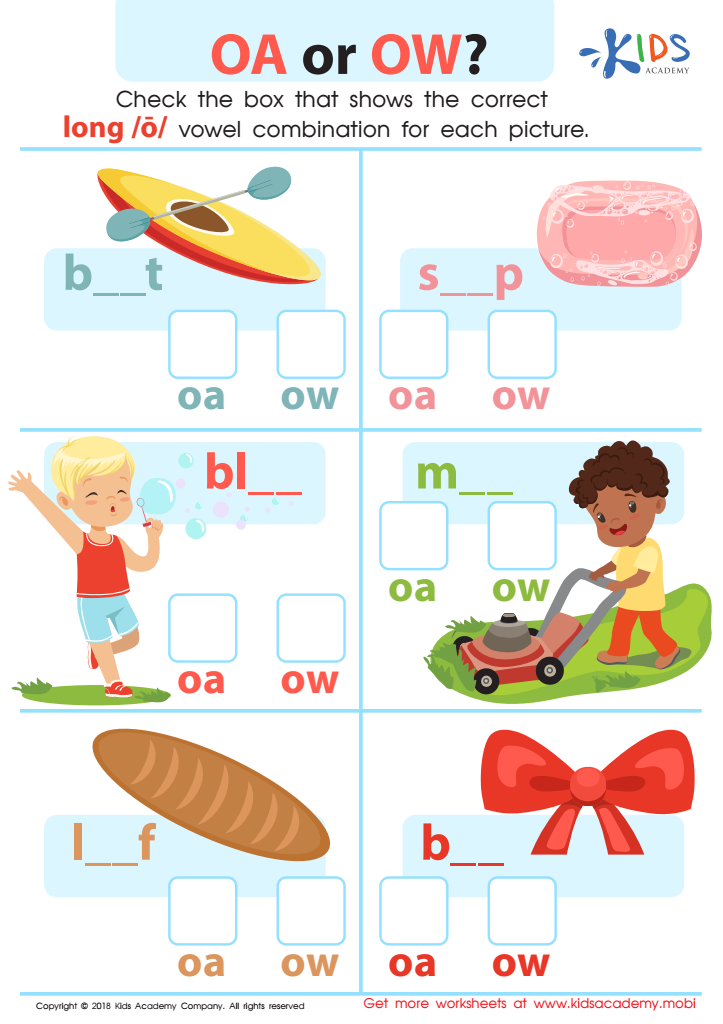

Reading: OA or OW Worksheet
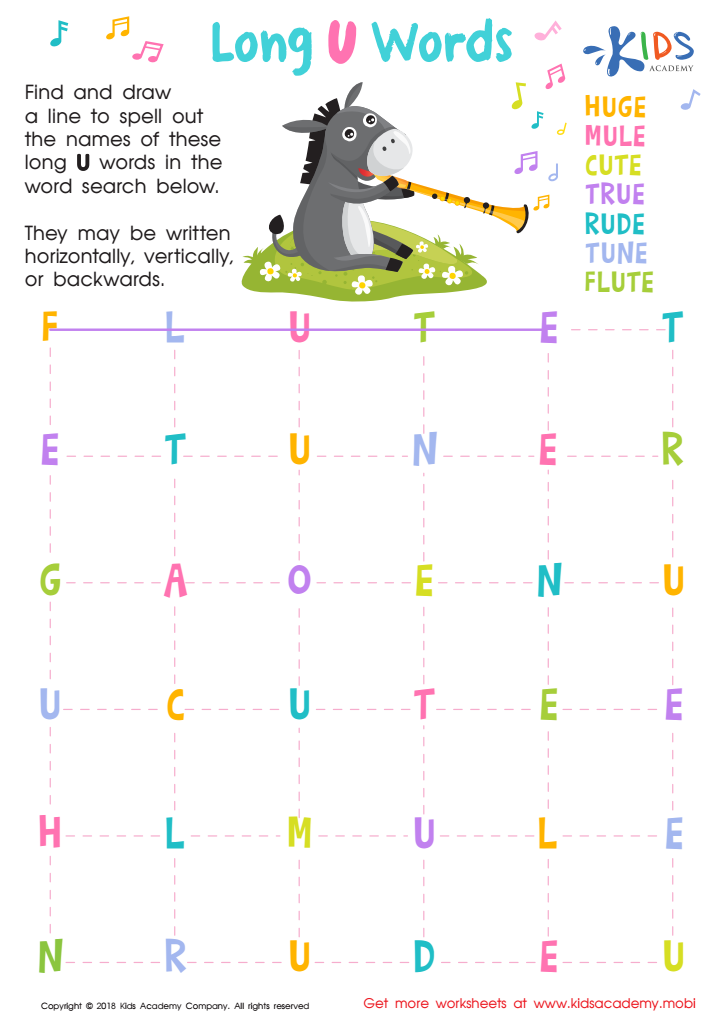

Long /u/ Words Worksheet
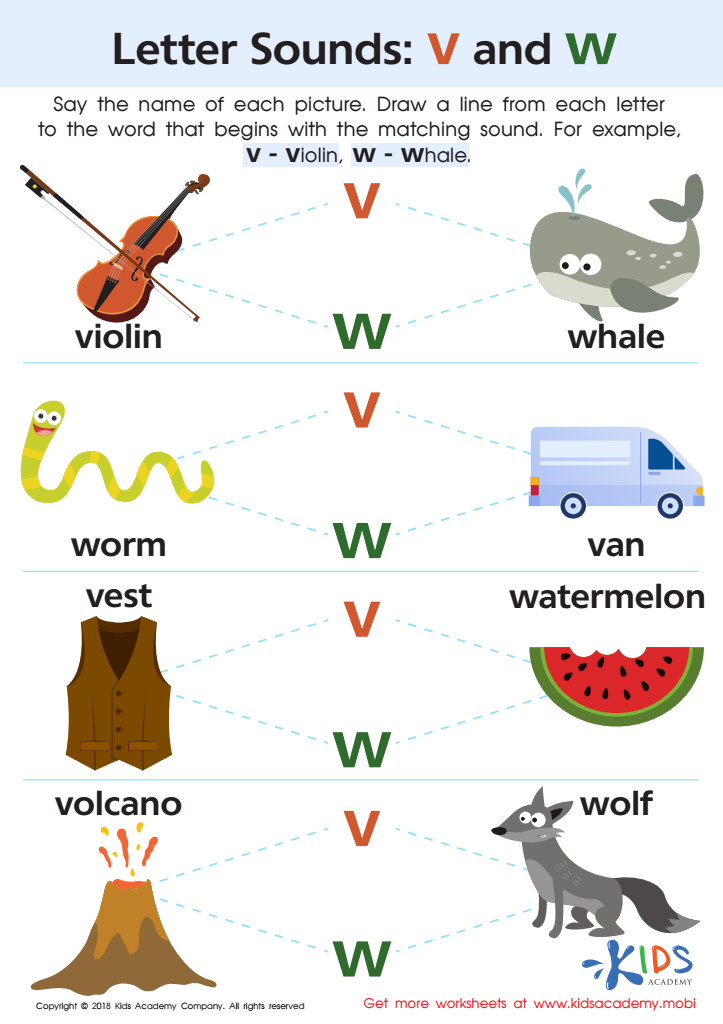

Letter V and W Sounds Worksheet
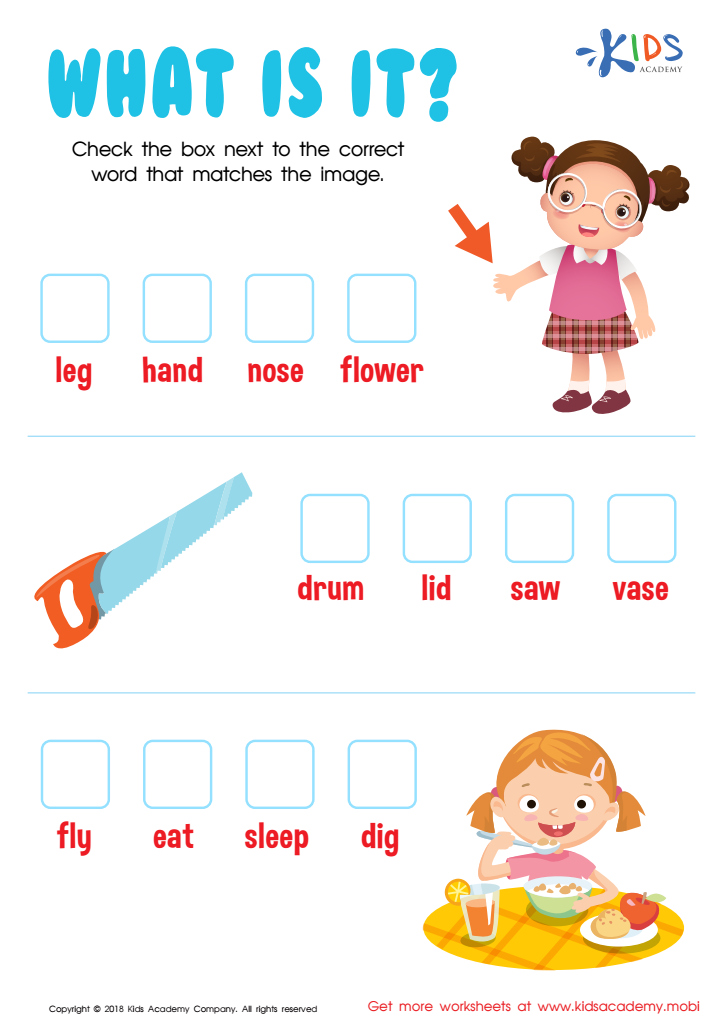

What Is It? Worksheet
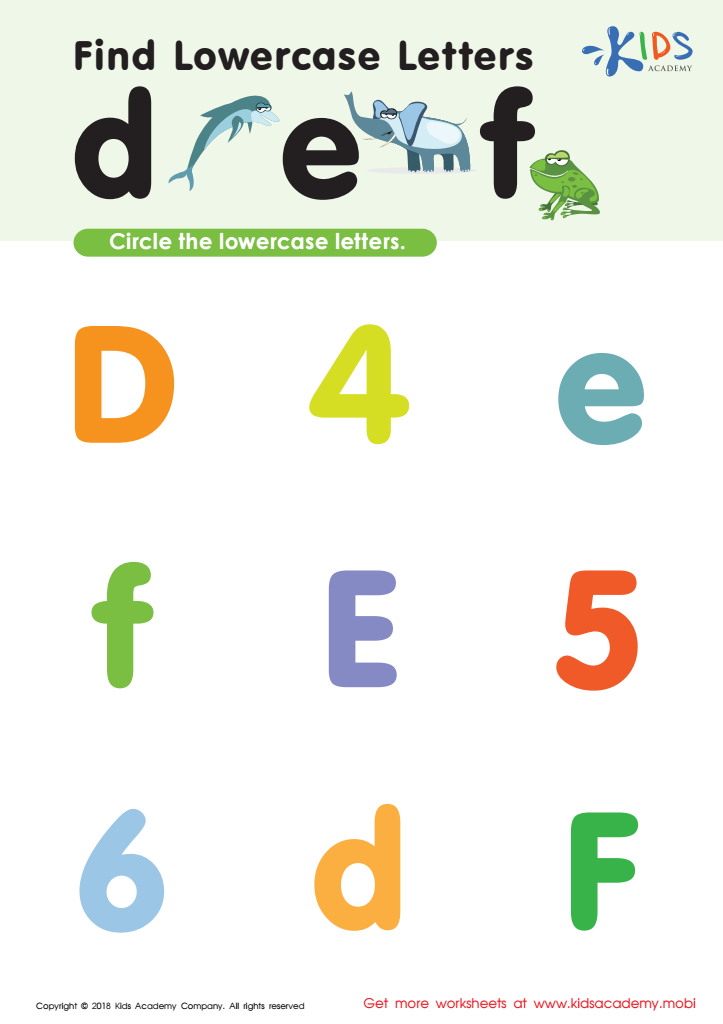

Find Lowercase Letters d e f Worksheet
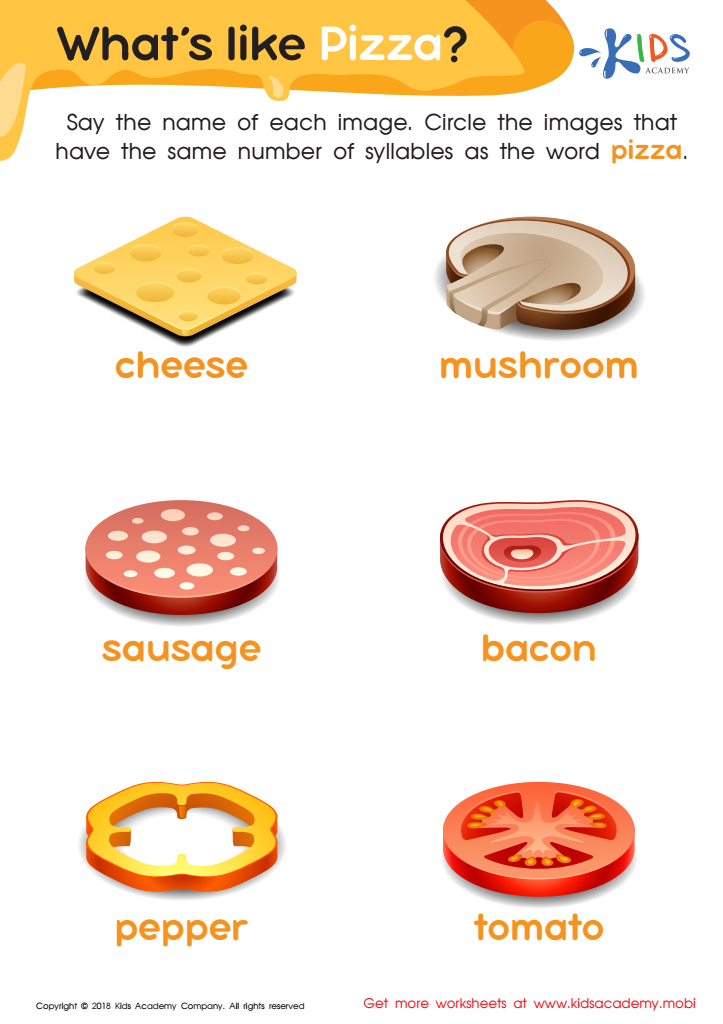

What's Like Pizza? Worksheet
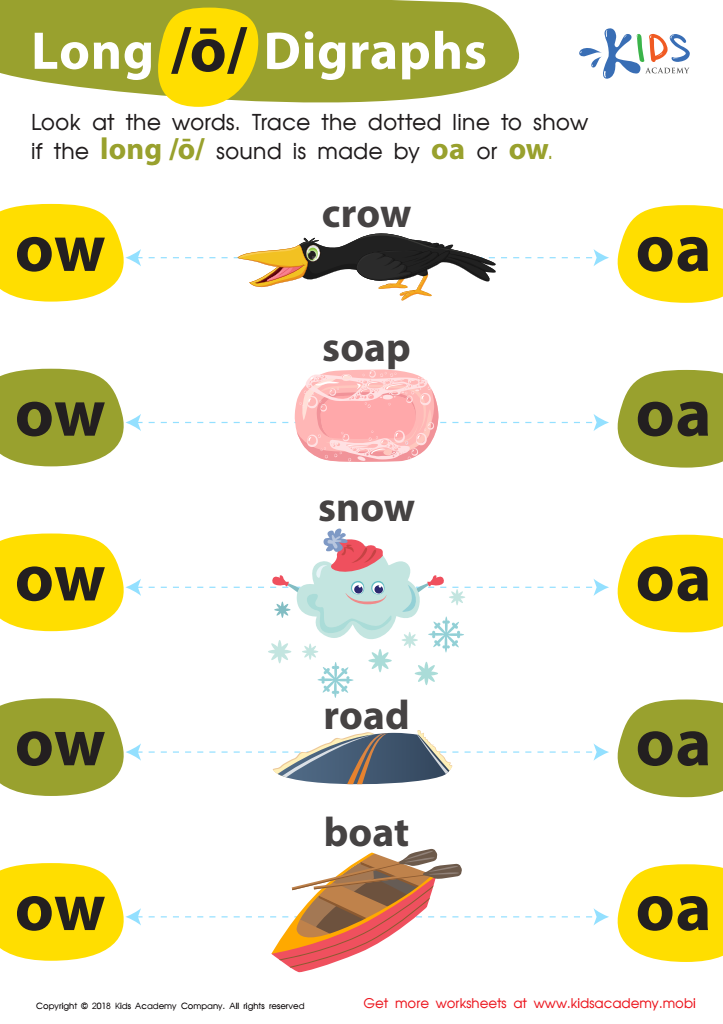

Reading: Long O Digraphs Worksheet
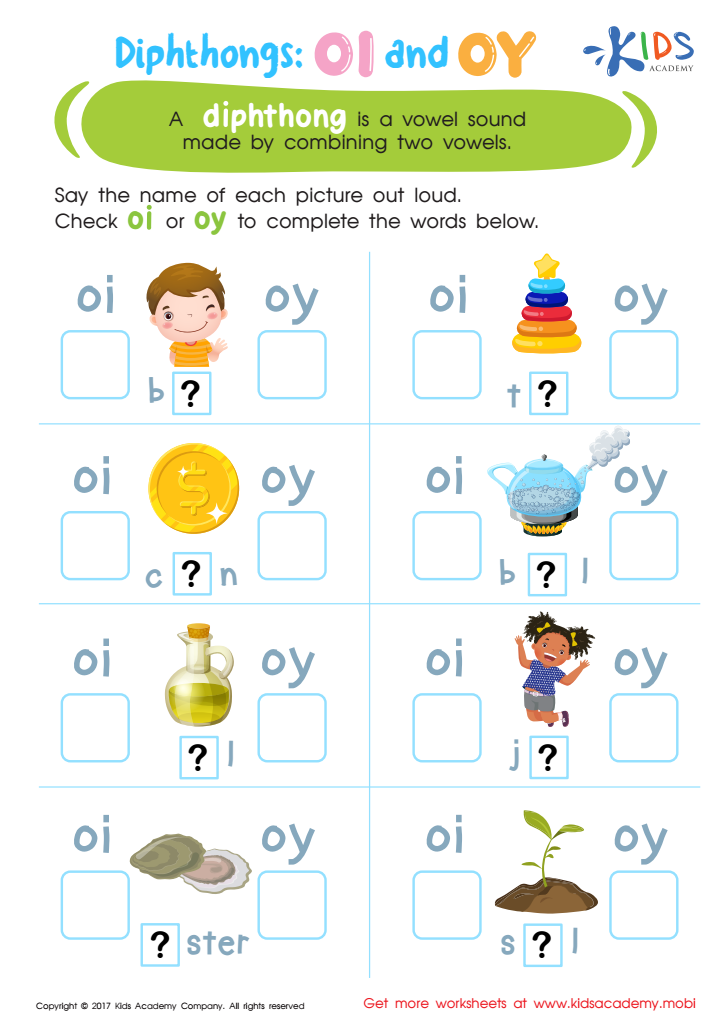

Vowel Diphthongs OI OY Worksheet
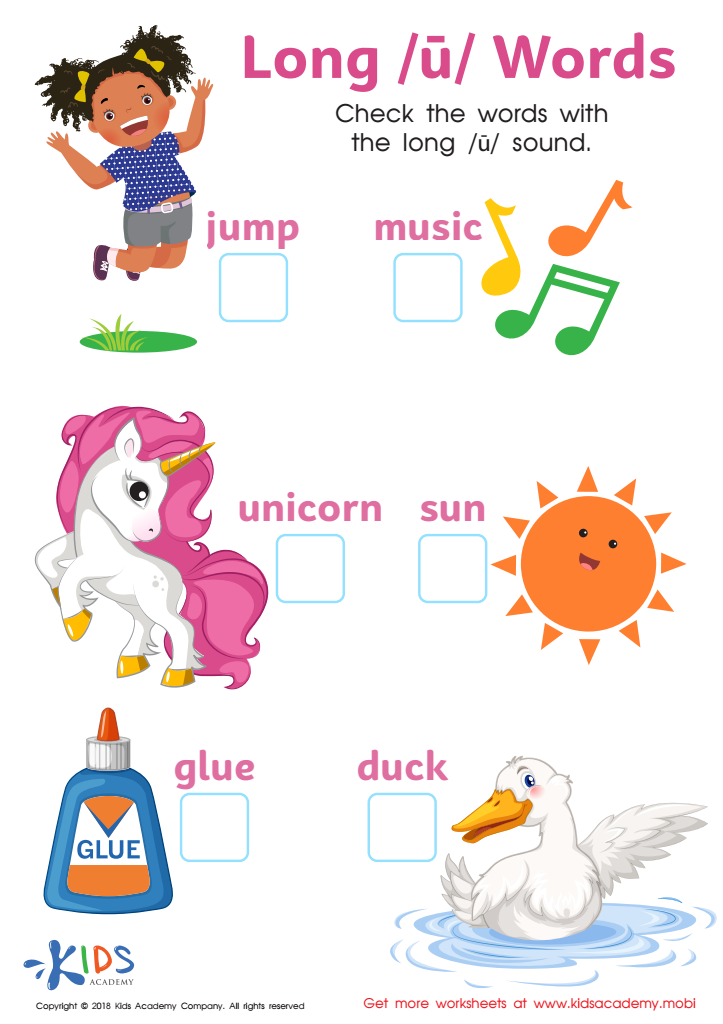

Long U Words Reading Worksheet


Vowel and Consonant Sounds: Assessment Worksheet
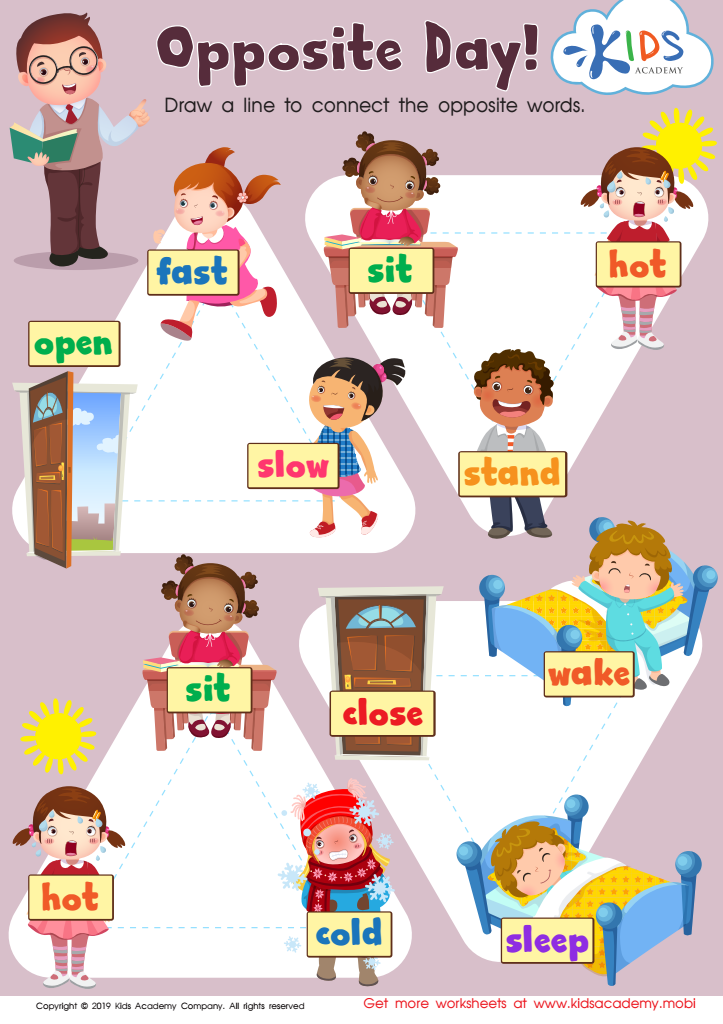

Opposite Day Worksheet


Letter H Tracing Page
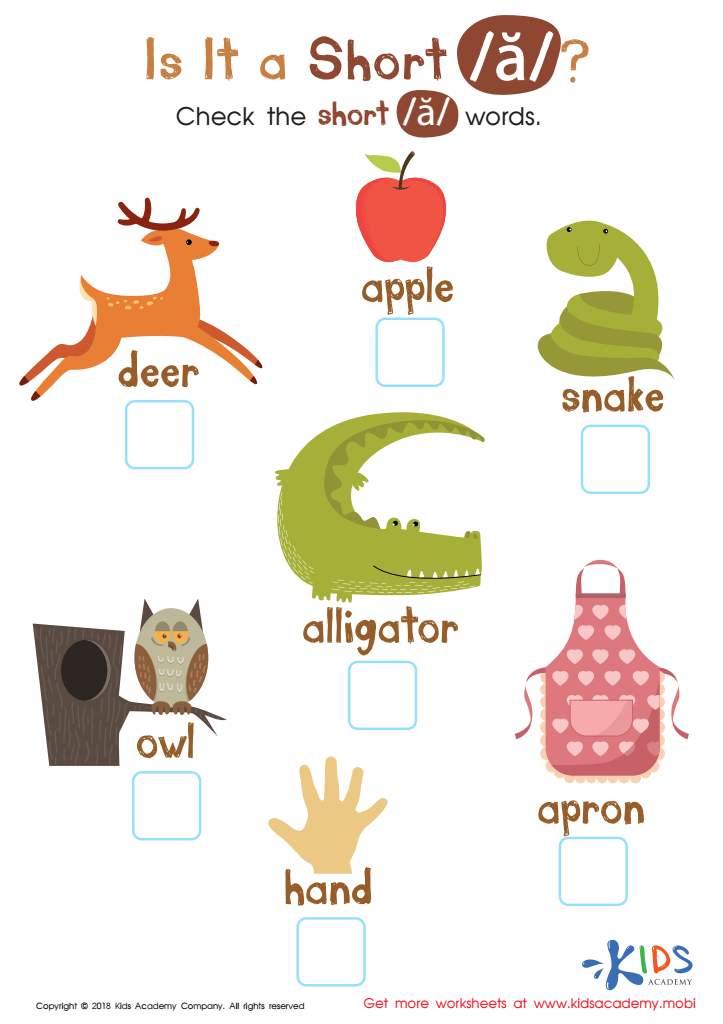

Is It Short A? Reading Worksheet
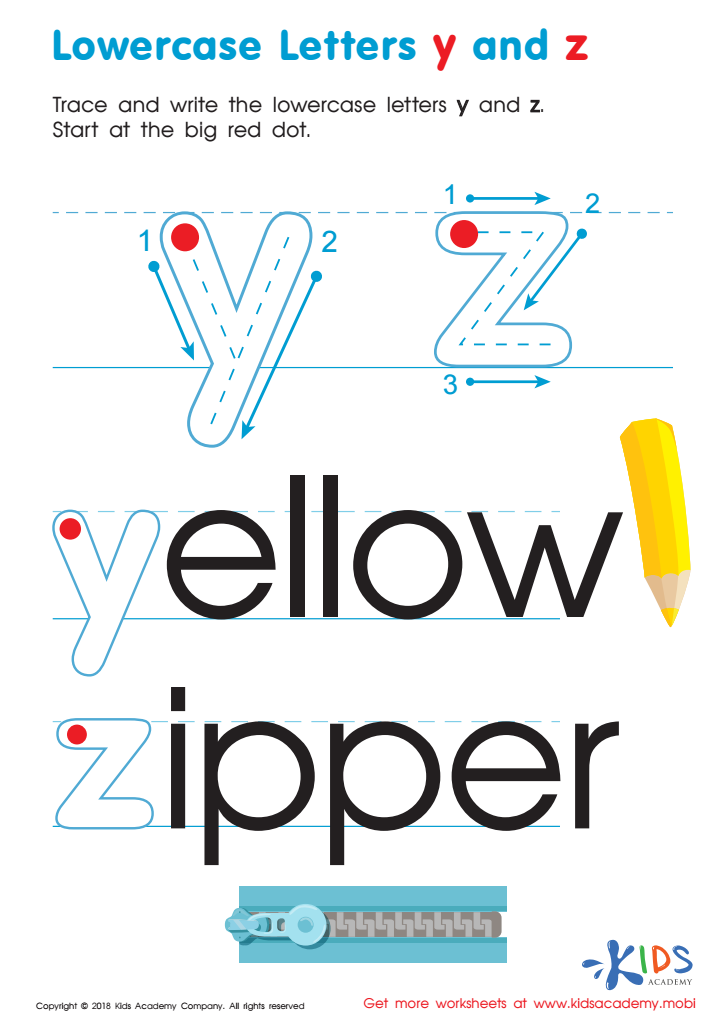

Lowercase Letters y z Worksheet
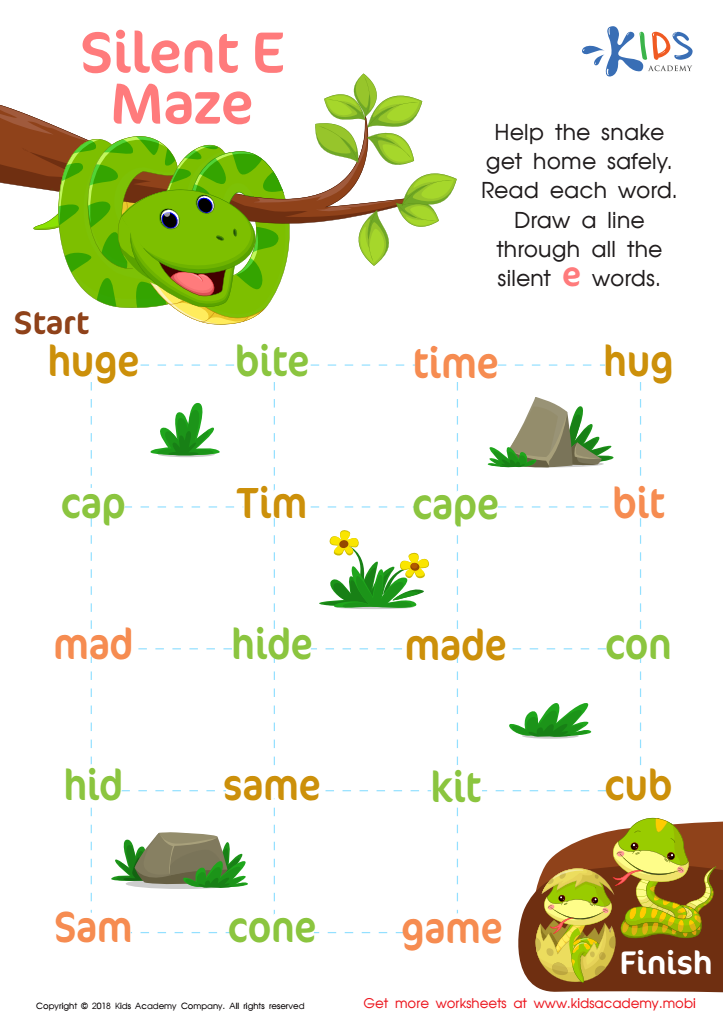

Silent E Maze Worksheet
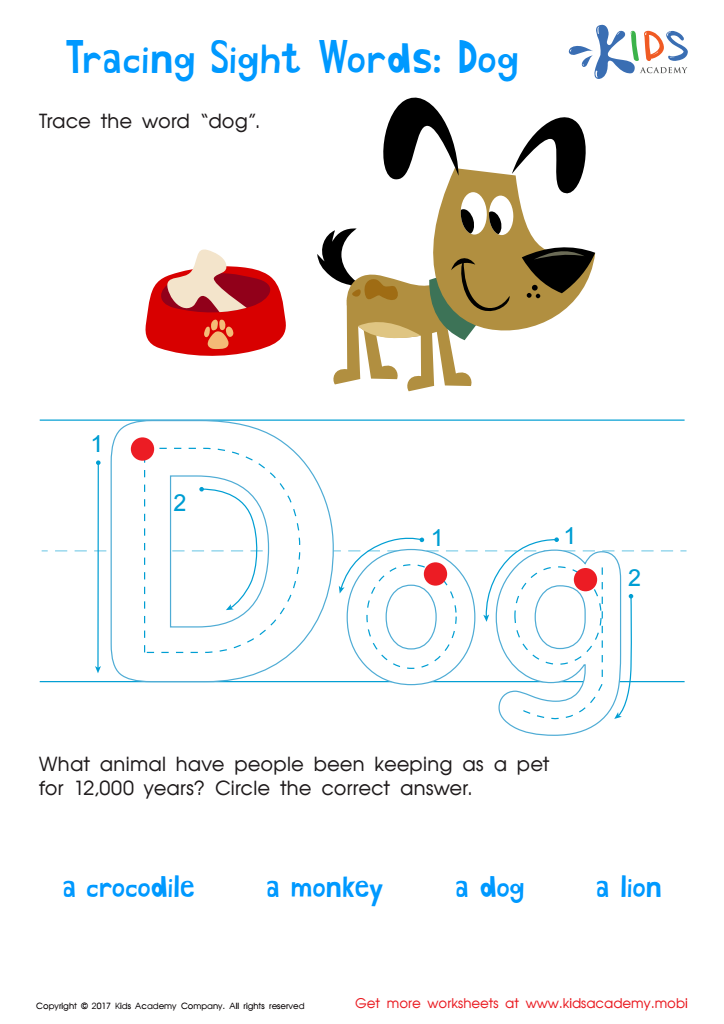

Dog Worksheet Sight Words Worksheet


Short Vowels /e/, /i/, and /u/ Worksheet
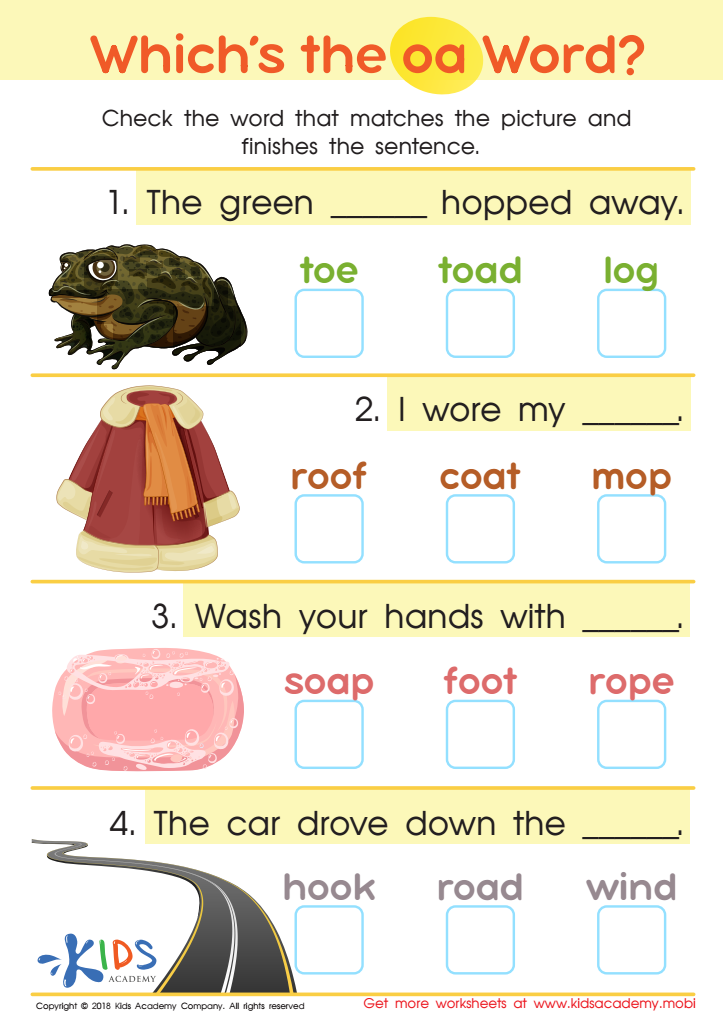

Which's the OA Word? Worksheet
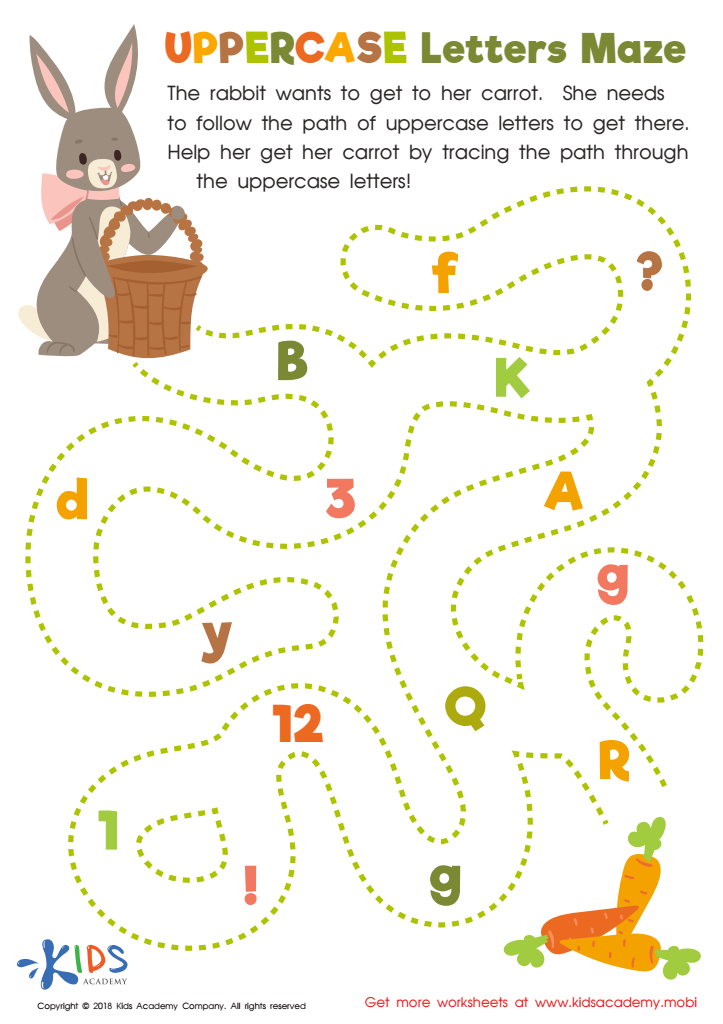

Uppercase Letters Maze Worksheet
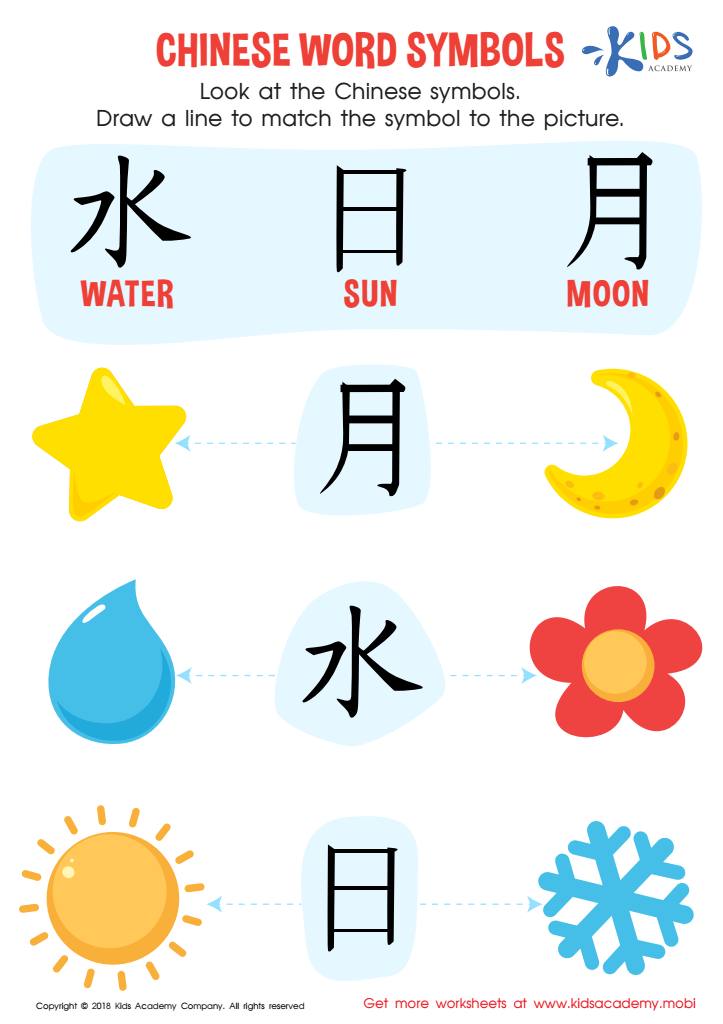

Chinese Word Symbols Worksheet
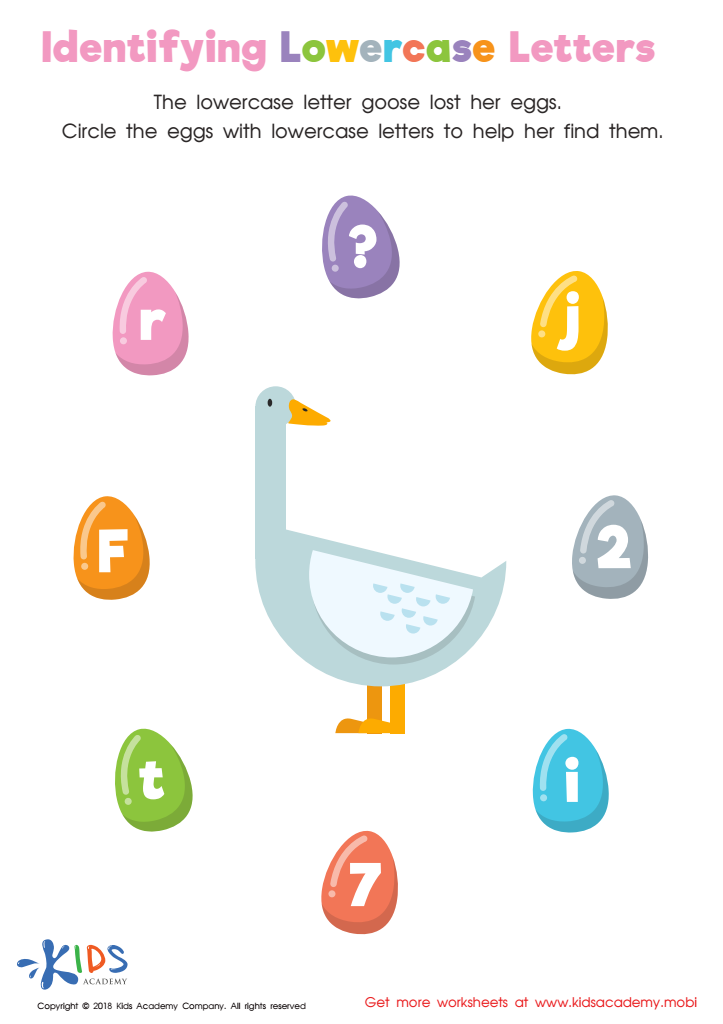

Identifying Lowercase Letters Worksheet
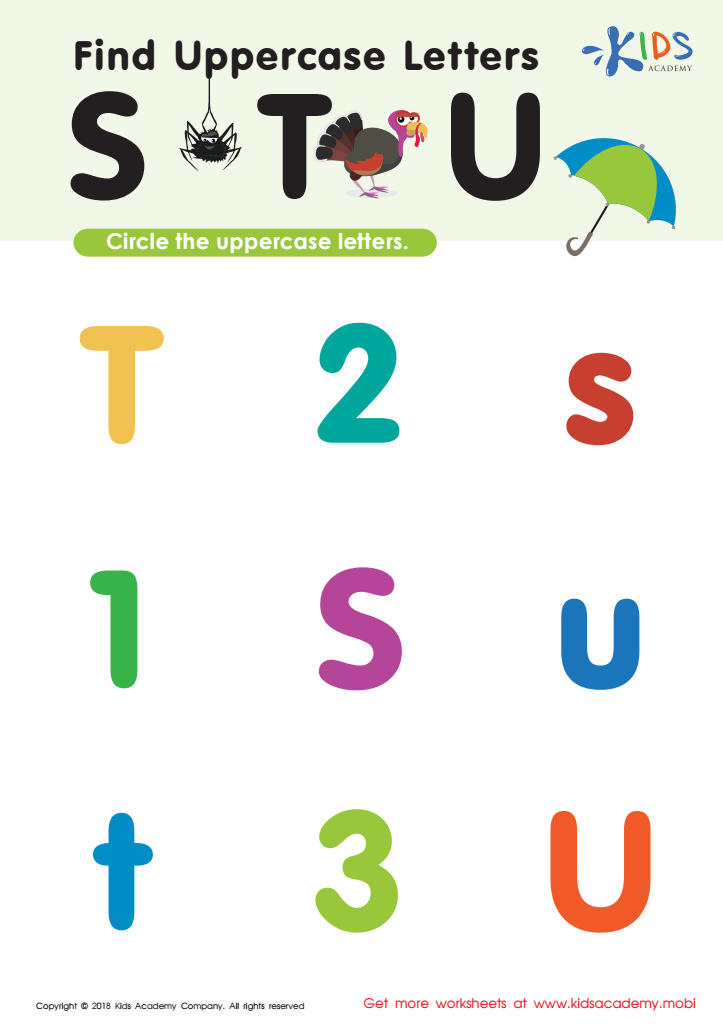

Find Uppercase Letters Worksheet
Parents and teachers should care about the Normal Alphabet for ages 3-7 because it lays the foundational skills vital for their overall development. At these ages, children’s brains are like sponges, ready to absorb as much information as possible, making it the perfect time to introduce them to the alphabet. Understanding the alphabet helps in the development of early reading and writing skills, which are crucial for later academic success. Children who are familiar with the alphabet find it easier to progress to phonics, where they learn the relationship between letters and sounds, aiding in better reading comprehension and fluency.
Additionally, engaging with the alphabet helps children develop fine motor skills as they practice writing letters. It also supports memory and cognitive skills, helping children recognize patterns and sequences. Familiarity with the alphabet boosts a child's confidence and independence as they feel more competent in their ability to understand and communicate through written language. Lastly, the process of learning the alphabet can be made fun and creative, incorporating songs, games, and hands-on activities, making education an enjoyable experience that fosters a lifelong love for learning. Therefore, investing time and attention in teaching the Normal Alphabet during these formative years is essential for a child’s educational journey.
 Assign to My Students
Assign to My Students













